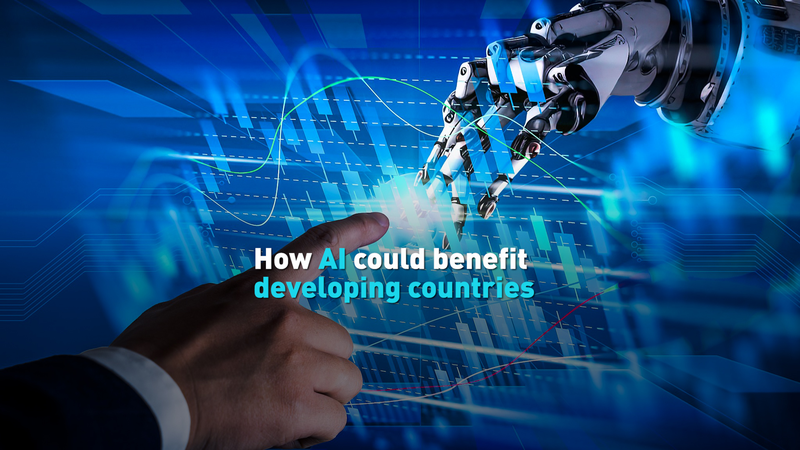As world leaders convene for the 80th session of the United Nations General Assembly, artificial intelligence sits at the top of the agenda. From New York to Nairobi, governments are weighing how to harness AI's power while ensuring technology equality across borders.
“AI isn't just for the tech giants,” says one delegate at the session. “It's a tool for sustainable development—from smart farming to affordable healthcare in remote villages.”
However, closing the digital divide remains a challenge. In many low-income regions, limited internet access and lack of infrastructure mean AI projects struggle to scale. Experts at the UNGA highlighted three focus areas:
- Infrastructure Investment: Upgrading connectivity and data centers to support AI computations.
- Skills and Education: Building local talent through digital literacy programs and AI training hubs.
- Inclusive Policies: Crafting regulations that promote open data, protect privacy, and encourage ethical AI research.
Behind the numbers, real-world pilots are already making a difference. In East Africa, a startup is using AI-driven analytics to help smallholder farmers predict weather patterns, boosting harvests by up to 15%. In Southeast Asia, a telemedicine platform powered by machine learning connects doctors to rural communities, reducing diagnostic delays by half.
UN officials argue that with strategic partnerships—between governments, international organizations, and the private sector—developing countries can leapfrog traditional barriers. By fostering local innovation ecosystems, these nations could not only catch up but lead in niche AI applications tailored to their unique challenges.
As the UNGA rolls on, the push for tech equality is clear: democratize AI tools, invest in people, and align policies with shared human values. The hope is that by the next session, developing countries will not just be beneficiaries, but co-creators of the AI revolution.
Reference(s):
cgtn.com



